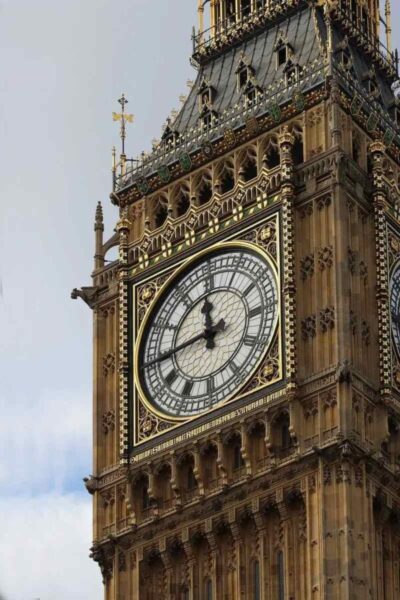Image: Rawpixel
What’s Changing for Daylight Saving in 2025?
Key Facts at a Glance
| Item | Details | Source |
|---|---|---|
| DST Ends | Sunday, November 2, 2025, at 2:00 a.m. local time | CBS News |
| Clocks Change To | 1:00 a.m. local standard time | USA Today |
| Immediate Effect | Earlier sunrise and sunset, one hour back | IndyStar |
| States Not Observing DST | Hawaii, most of Arizona, US territories | TimeandDate.com |
| Next DST Start | “Spring Forward” on Sunday, March 8, 2026 | CBS News |
| Health Impact | Sleep disruption & possible risks; experts recommend preparation | USA Today |
| Ongoing Debate | Most Americans want permanent time; Congress hasn’t acted | NY Post |
| Safety Reminder | Change batteries in smoke/carbon monoxide detectors | Des Moines Register |
Why Does the U.S. Still “Fall Back”?
Created to conserve energy and maximize daylight during World War I, Daylight Saving Time is now a hot topic. With modern lifestyles and technology, its relevance is widely debated. Many states—like Florida and California—have considered “locking the clocks” but need federal approval. Hawaii and most of Arizona already stay on standard time year-round (TimeandDate.com).
Health and Community Impact
Sleep experts warn that any time change may cause temporary grogginess and increased risk of accidents. Parents, shift workers, and students may need a few days to adjust. Advice from health officials includes going to bed earlier, checking alarms, and using the change as a safety reminder for smoke detectors and emergency kits (Des Moines Register).
The Ongoing DST Debate
Polls show most Americans want a permanent time—either standard or daylight. Legislative efforts have stalled, and meanwhile, the nation continues the twice-yearly shift (NY Post).
Your DST Checklist
- Set all manual clocks and appliances back one hour before bed.
- Double-check alarms and reminders.
- Help children and shift workers adjust routines.
- Change batteries in smoke/carbon monoxide detectors.
References



